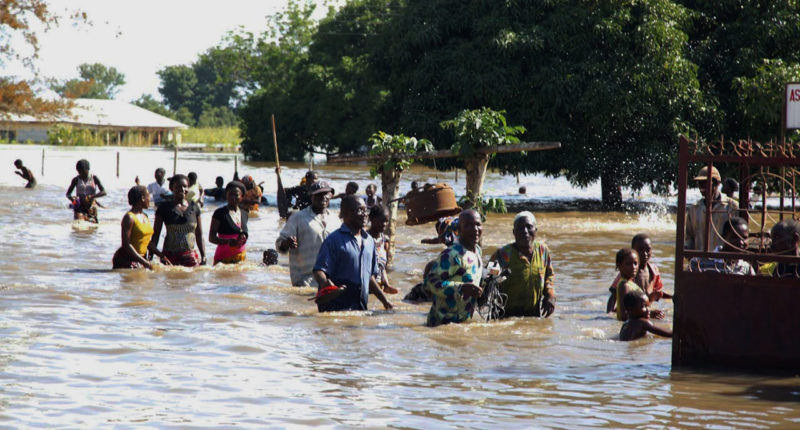Since the Independent Electoral National Commission (INEC) lifted the lid on political campaigns, the devastating flood crisis in the country has jointly topped the nation’s major headlines. With presidential candidates touring different states and publicising solutions for a better Nigeria, millions of people are suffering severe consequences of the flood crisis in about 31 of the 36 states in the country.
On one hand, while politicians are merely observing the timeline instituted for political campaigns by INEC and the Nigerian constitution, the flood has consequently continued to wipe away years of investment, properties and sources of livelihood for millions of Nigerians, including potential voters.
This reality breeds the question of whether INEC should suspend the political campaign in solidarity with the victims of the flood.
State of play
Nigeria, according to INEC’s timetable, would hold its presidential elections on the 25th of February 2023 to elect the country’s eight presidents since its return to democratic elections in 1999. This means Africa’s most populous country has about four months to prepare.
However, the last federal government report stated that the flood had displaced over 3 million people, killed about 603 people, drenched 340,000 hectares of land and destroyed over 82,000 houses. These figures show that food inflation is imminent as key agricultural-producing states are not left out.
The big picture
Many Nigerians suggest that INEC suspends political campaigns in solidarity with the victims of the flood. Taking this action shows that the federal government is sympathetic to the sufferings of those affected as it takes meaningful steps to address the crisis.
Another determinant in the claim that INEC should put the political campaign on hold is that the flood has cut off major road networks in many parts of the affected regions.

